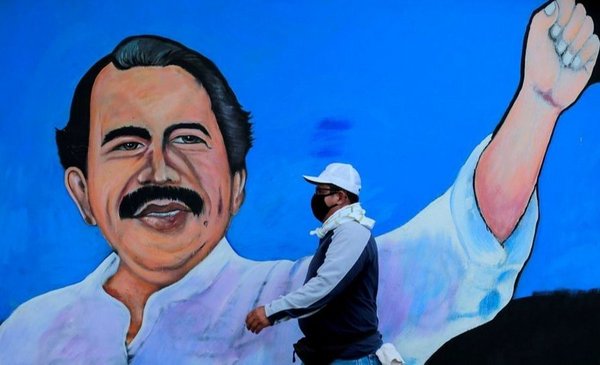
When the largest Chinese real estate developer collapsed in the fourth quarter of 2021 leaving behind a gap of 280,000 million dollars, everyone in the world was concerned about the economic and social consequences that such a situation could produce. The Evergrande group employed 200,000 workers and, indirectly, generated 3.8 million jobs. At the time of the bankruptcy of this colossus, 1.4 million housing units remained to be completed, apartments whose value amounted to 180,000 million dollars.
Just 2 weeks ago, another giant in the sector was also unable to meet an obligation of 1,000 million dollars, which sends another important alarm signal to the Chinese community. The Shimao Group had already experienced a contraction in the pace of its sales in 2021, when during this year they fell by an additional 72%. Since the end of last year, Shimao has been in desperate search of resources so as not to fall into “default”. To do this, he even put up for sale – without results until now – his Intercontinental Shanghai Wonderland hotel, an architectural icon of the country built in a quarry. Its owners aspired to obtain 354 million dollars. This new incident has his society in suspense and feeds mistrust in the promoters.
This topic may seem remote from everyday reality in places far from China. Other more urgent international issues occupy our attention. For those who see it this way, it is necessary to point out how much this fact hits the Chinese universe. Nothing else was known through the networks of the situation of this new insolvency of the real estate sector, Weibo, the equivalent of Twitter in China, generated 47 million contacts.
Nobody doubts that the real estate sector is the fundamental pillar of the economy of the colossus of Asia. Therefore, the strength and stability of the country depend on their health. This is not an exaggeration: construction activity accounts for more than a quarter of the investments in that Asian country, as well as the national GDP. For some time now, to avoid disproportionate indebtedness that would lead to unwanted bankruptcies, the State established norms and limits on access to financing. This was the situation when the serial lockdowns of their Zero COVID policy began. Household income also dropped, which has represented significant restrictions on their ability to meet their own housing payments, since citizens are also constrained in spending due to the unleashed inflation that hits all pockets. The global demand for housing has fallen by 40%
Shimao’s new episode adds to the previous experience of Evergrande and that of another construction giant –SUNAC CHINA- which only two months ago also announced its insolvency.
How to stop contagion to the promoters of medium and small cities has become the central issue of those responsible for the economy, but the solution to this convoluted liquidity crisis has not yet appeared. International financiers are uneasy, stock markets too. The same is true for the Communist Party in Beijing.








